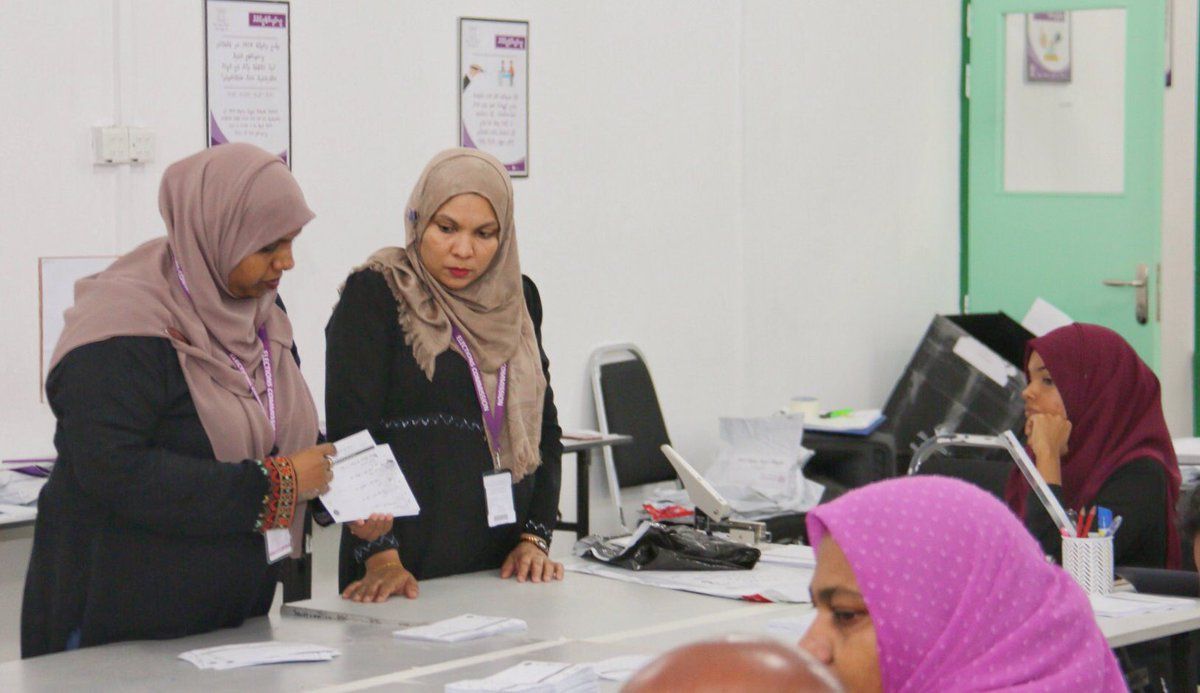Behind the numbers: Maldives parliamentary elections
The MDP took 65 seats with 46 percent of the vote.

15 Apr 2019, 09:00
The official results of the parliamentary elections announced last Thursday confirmed a historic landslide victory for the Maldivian Democratic Party.
It was the first time a single party won a majority of the People’s Majlis since the first multi-party elections in 2009.
The turnout was 81.3 percent with 215,053 out of 264,442 eligible voters. There were 210,253 valid votes.
Plurality for MDP
Become a member
Get full access to our archive and personalise your experience.
Already a member?
Discussion
No comments yet. Be the first to share your thoughts!
No comments yet. Be the first to join the conversation!
Join the Conversation
Sign in to share your thoughts under an alias and take part in the discussion. Independent journalism thrives on open, respectful debate — your voice matters.




